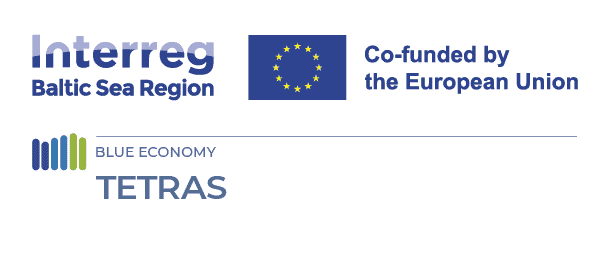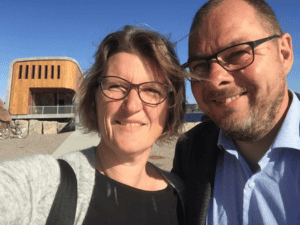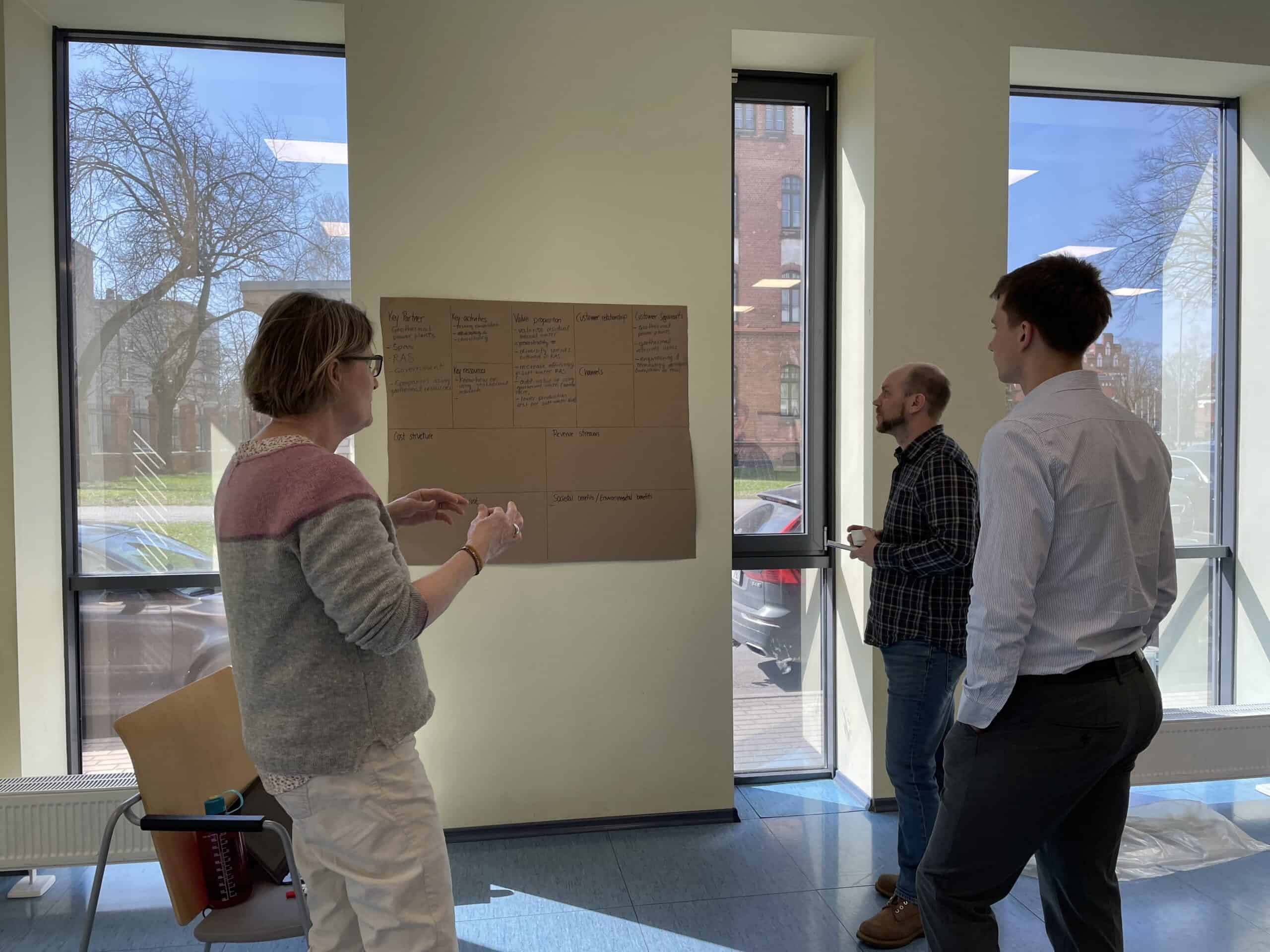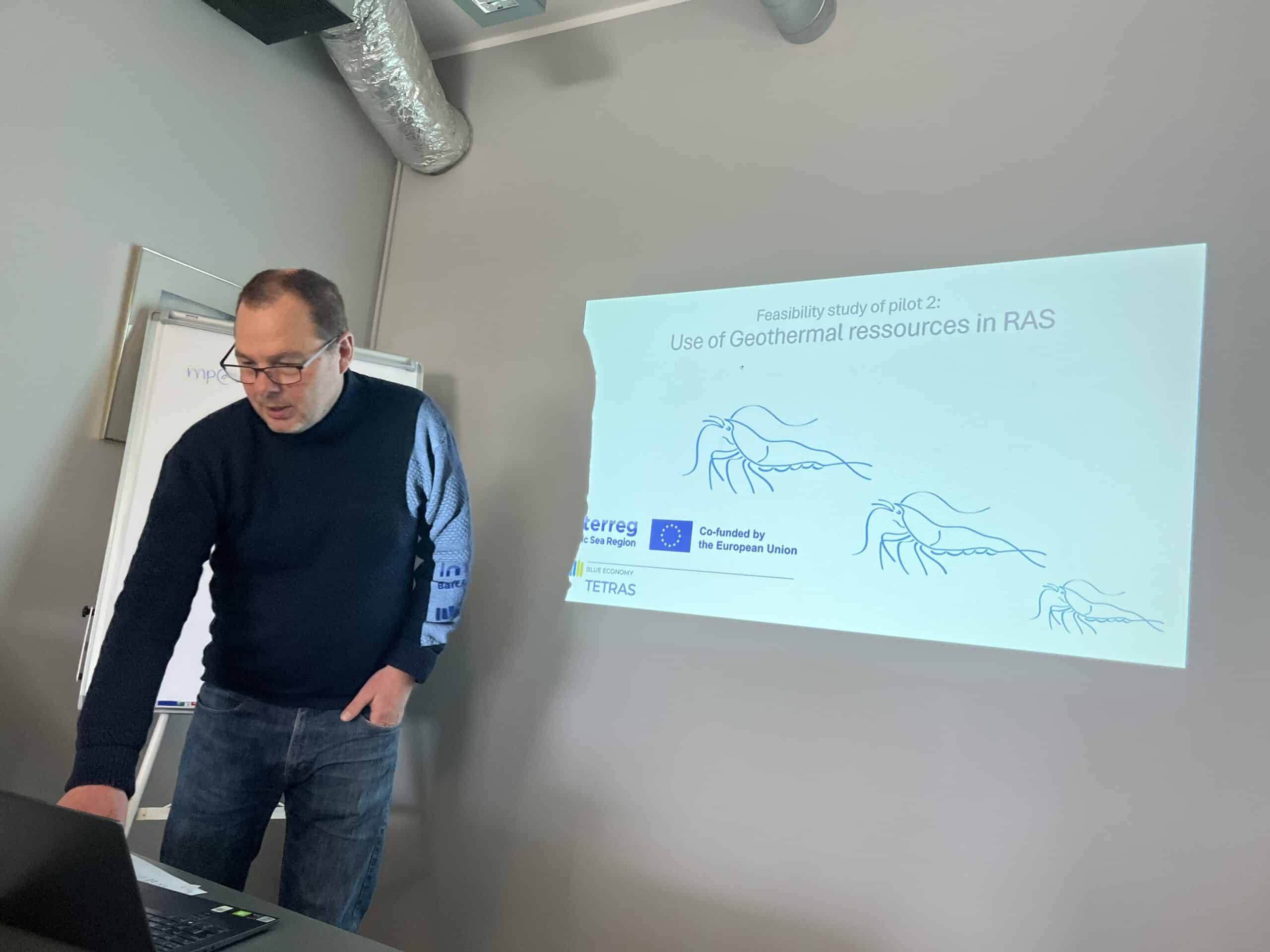
Meet our Partners: Blue Research ApS
09 July 2024
Ten partners from five different countries collaborate in the TETRAS project with the common goal of improving the economic and environmental sustainability of Recirculating Aquaculture Systems (RAS) in the Baltic Sea Region. TETRAS mission? To develop tools and standards to assess and monitor RAS and promote investment, implementation, and expansion of these production systems.
Today, let’s delve into the insights of Blue Research ApS.
Company/Organisation: Blue Research ApS
Country: Denmark
Interviewee(s): Per Dolmer and Mette Aaskov Knudsen
Website: https://blueresearch.dk
LinkedIn: https://www.linkedin.com/company/blue-research-aps/
Blue Research ApS is a small yet impactful consultancy company that provides expert advice on various aspects of the blue economy, including aquaculture, fisheries, and marine habitat restoration. The company’s core mission is to operate within a collaborative network, leveraging the collective expertise to tackle complex problems. Given its size, Blue Research does not house all competencies internally but instead engages in interesting and relevant projects where it can contribute effectively with optimal solutions.
The consultancy’s goals are twofold: to engage in projects that are both fascinating and pertinent, and to work with partners who share their values. Blue Research’s clientele is diverse, encompassing private companies, municipalities, universities, and the EU. A portion of the company’s revenue is strategically invested in initiatives aimed at promoting a healthy and sustainable marine environment. One such project involves the large-scale restoration of Zostera beds, an effort deemed crucial for coastal area rejuvenation.
Blue Research’s portfolio is varied and expansive. To mention a few initiatives, the consultancy is involved in the development of innovative technologies for mussel farming and warm-water shrimp farming using biofloc systems. They are also dedicated to habitat restoration projects, such as the rehabilitation of mussel beds and the advancement of water treatment methods in RAS. Each of these projects underscores Blue Research’s commitment to sustainability and innovation in marine ecosystems.
Blue Research and recirculating aquaculture systems (RAS)
Blue Research has a notable track record with Recirculating Aquaculture Systems, having been involved in developing new saltwater RAS projects in Denmark and Germany. The company’s interest in RAS stems from its potential to revolutionize aquaculture by providing sustainable, efficient, and environmentally friendly methods of fish production. Through these projects, Blue Research contributes its expertise in production, environmental management, and business development, ensuring that each initiative is both sustainable and profitable.
Blue Reseach as part of the TETRAS project
What was your motivation to join TETRAS?
Blue Research was involved in the project and proposal development, and partly build on the thinking: one person’s waste is another person’s resource. We are keen on the idea of developing new business models where companies work together, and a symbiosis expand across different industries, optimizing green transition and profit.
Can you describe your involvement in the project? What are your primary objectives within the project?
Blue Research was one of the initiators of the project and we are leading ‘WP1 – Preparing Solutions’, in which the work of the four pilots is planned. We are also involved in Pilot 1, exploring use of treated RAS discharge water as technical water for other industries.
What specific expertise or unique perspective does Blue Research brings to TETRAS?
Blue Research’s expertise is thinking on strategies for fostering cooperation across industries, with a specific focus on aquaculture.
Why do you think RAS aquaculture is important in the Baltic Sea Region?
Since there are almost no commercial fisheries and marine fish aquaculture growth is limited due to the environmental conditions in the Baltic Sea, land-based aquaculture through RAS presents a vital alternative for ensuring future local access to fish as food.
How do you see the RAS sector in the Baltic Sea Region in the next 5 to 10 years?
In the next 5-10 years, we expect a strong aquaculture sector to develop in the Baltic Sea Region. Currently, companies outside the Baltic are investing considerable resources in RAS and technology development. This technology will mature in the coming years. If the Baltic countries succeed in educating and recruiting operators, a robust industry can be built.
What outcomes or impacts do you hope to achieve through Pilot 1?
Throughout the project, Blue Research aims to build a strong network across sectors, enhancing knowledge and communication about the power of symbiosis.
Blue Research exemplifies how a small consultancy can make a significant impact through strategic collaboration and a steadfast commitment to sustainability. Their involvement in our EU-funded project brings a wealth of knowledge and experience, particularly in the realm of RAS, which is pivotal for advancing sustainable aquaculture practices in the Baltic Sea Region. By prioritizing projects that align with their values and investing in the future health of our seas, Blue Research continues to lead by example in the blue economy.

Per Dolmer and Mette Aaskov Knudsen, the minds behind Blue Research.







